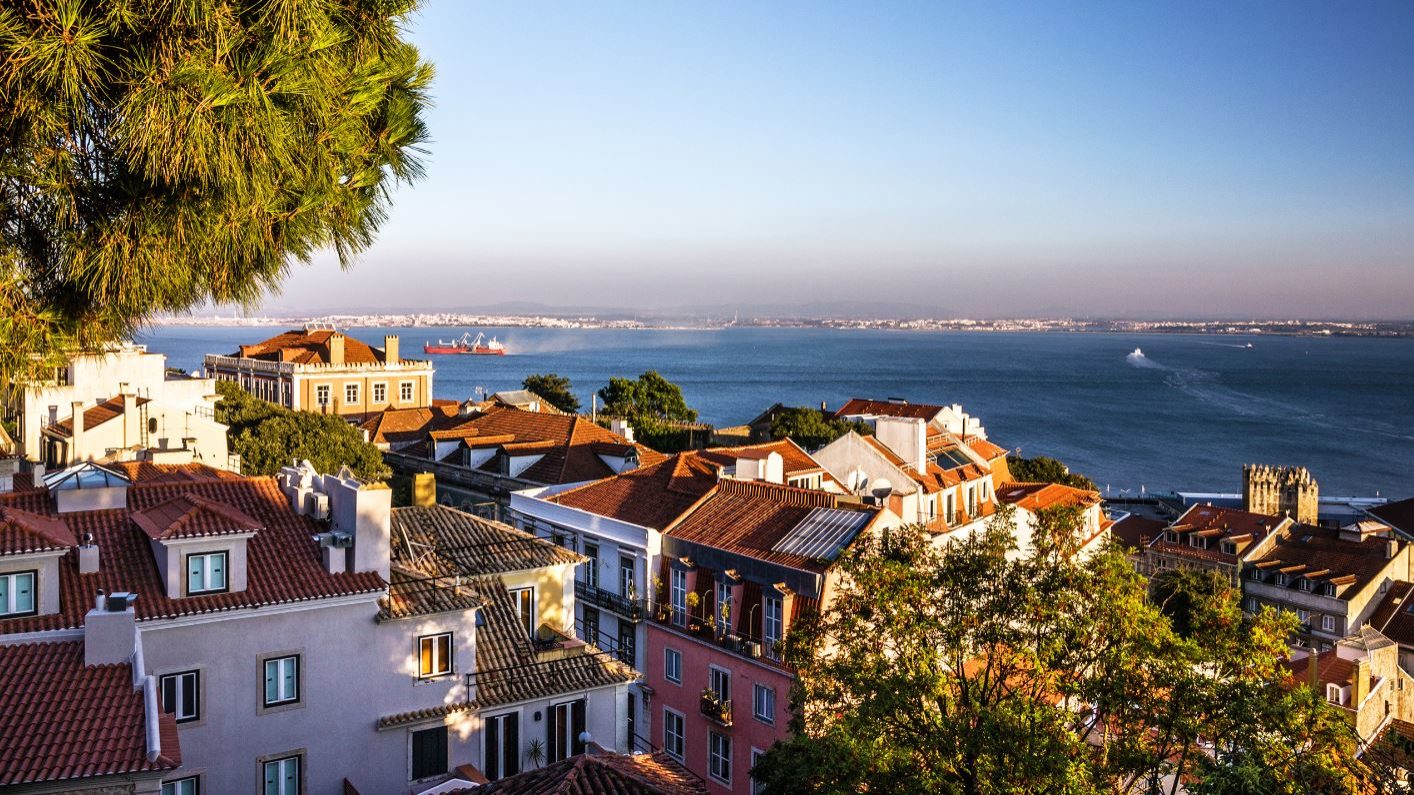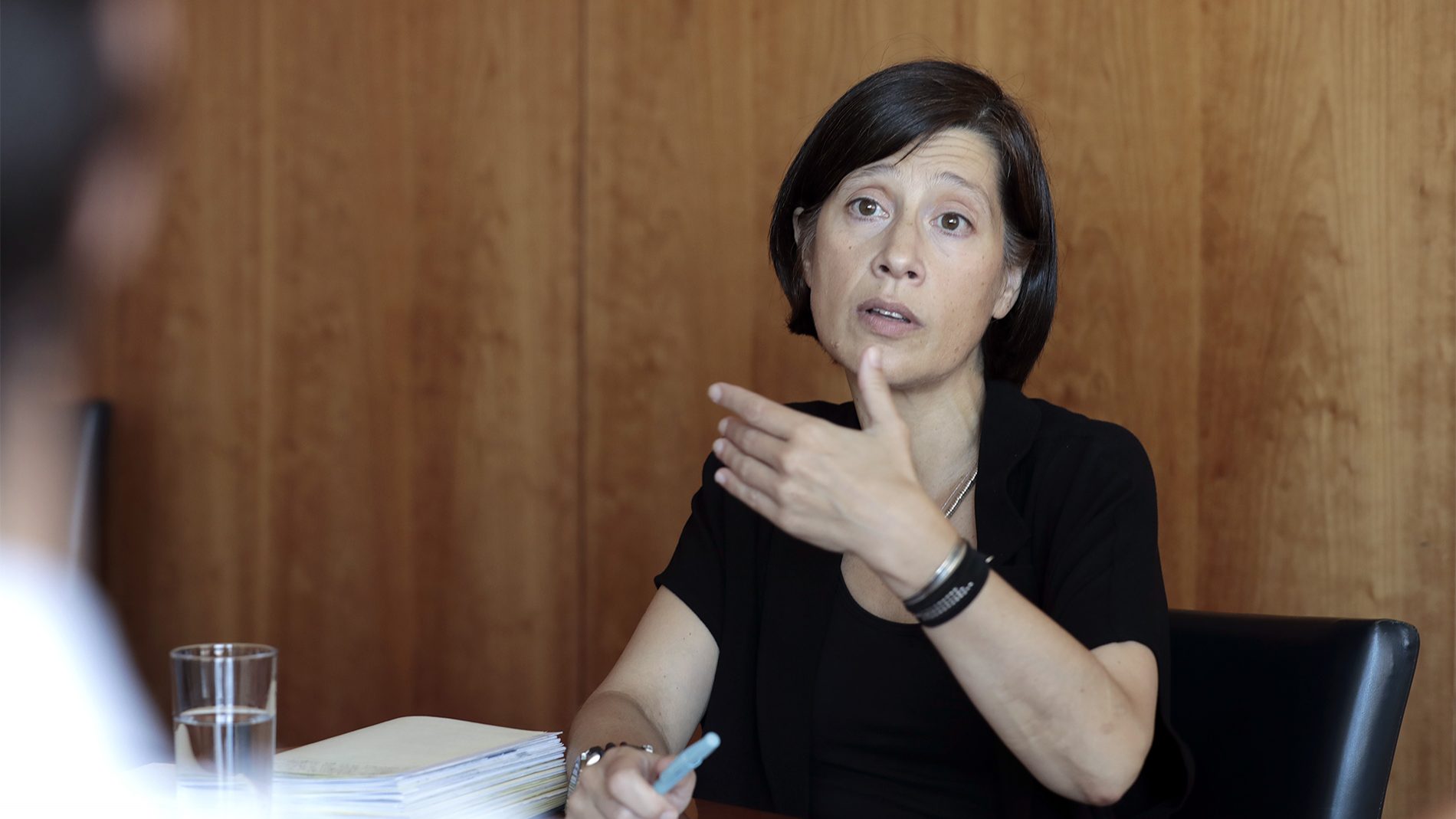Portugal to co-chair ministerial council of European Space Agency
Together with France, Portugal will assume the next presidency of the ministerial council of the European Space Agency.
Portugal is to assume, together with France, the next presidency of the ministerial council of the European Space Agency (ESA), an intergovernmental organisation for which it proposes to increase its contribution to €20 million per year, it said on Wednesday.
The information was released by the science minister, Manuel Heitor, who is participating in the meeting of the ESA Ministerial Council on Wednesday and Thursday in Seville, Spain, where the ministers responsible for space activities in the 22 member states of the agency sit.
This year, the ESA ministerial council (Space19+) is chaired by Spain and it should be approved by the member states the co-presidency of the governing body of the agency for the next three years (2020-2023), to which Portugal and France were appointed, according to the minister.
Manuel Heitor argued that the meetings of the ESA governing body should be annual rather than triennial, a proposal he will present together with his French counterpart.
Portugal intends to increase by €20 million, on average, the annual contributions to ESA between 2020 and 2025, totalling a contribution of €120 million, according to the strategy prepared for Space19+ by the Portuguese space agency Portugal Space, in collaboration with the minister’s office.
Three years ago, at the Ministerial Council in Lucerne, Switzerland, Portugal proposed to increase its financial contribution to ESA for the period 2017-2022 by another €30.50 million, compared to the total previously estimated, with annual figures of around €18.5 million between 2017 and 2019 and €14 million and €17 million between 2020 and 2022.
The minister told Lusa that Portugal will take advantage of the ministerial council of Seville to propose a plan to diversify the mechanisms for contracting services by ESA so that small companies like Portuguese ones can more easily access the agency’s various space programmes.
In Portugal, more specifically on the Azores island of Santa Maria, the construction of a space base to launch microsatellites for Earth observation from 2021 is planned.
Manuel Heitor said that the present moment is an opportunity to attract multinational companies to Portugal, notably from Germany and France, to diversify the industrial base and boost employment in the space sector, for which the government has set a target of 1,000 skilled jobs by 2030, in areas such as telecommunications and the construction of small satellites.
The minister reiterated the ambition for Portuguese companies in the sector to increase their turnover from the current €40-50 million a year to €400-500 million a year in 2030, by raising European funds and private investment.
According to the strategy prepared by Portugal for Space19+, the country expects to raise €2.5 billion of public and private (national and European) funding for space activities over the next 10 years.
Since November 14th, 2000, Portugal has been a member of the European Space Agency. The financial contributions of the member states, which can be reviewed in the ministerial council meetings, are based on the Gross Domestic Product (GDP), which defines the wealth of a country.
Portugal is one of the countries that contribute least to the ESA, having subscribed in 2019 to its participation in the space agency with €18 million, equivalent to 0.4% of the ESA budget for activities and programmes.


